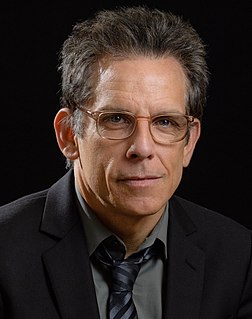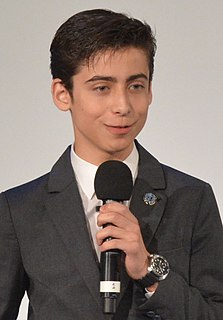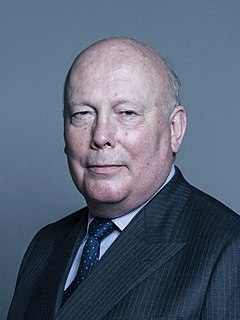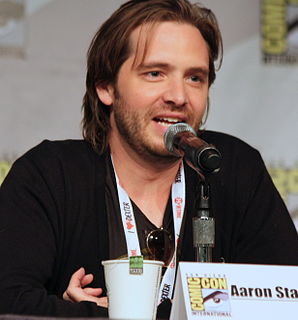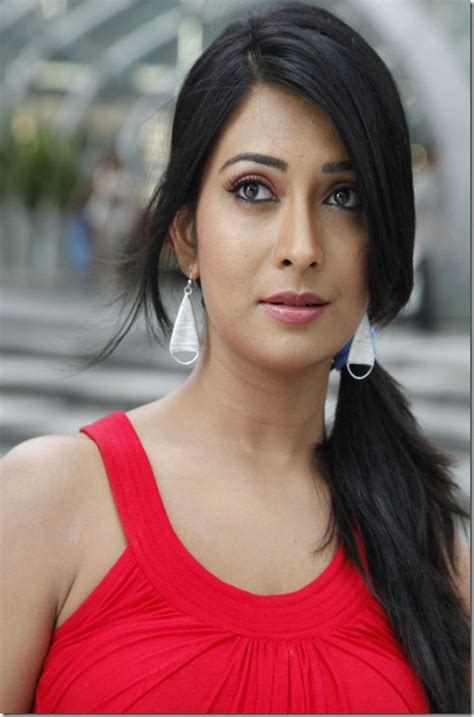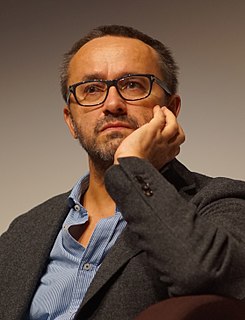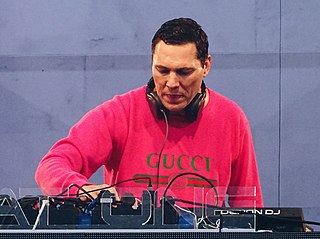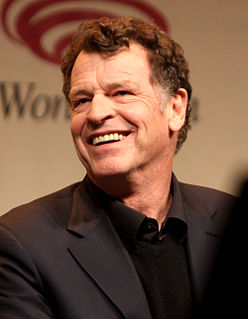A Quote by David L. Wolper
You need an actor who can maintain a character over a long period of time. If you have a weak actor, it won't be obvious in two hours, but you'll begin to see his weaknesses over four or five days.
Related Quotes
That movie [A Series of Unfortunate Events] told four books in two hours, and we have two hours per book. So we have eight hours to tell four books, and if people watch we'll get to tell more of them. There's only thirteen books, so there's only going to be two more seasons, but that allows for a lot of time to be in character and to maintain character.
I was staying on [writer/director/actor] Eric Schaeffer's couch in New York, and he said, "I've got this movie [If Lucy Fell]. Can you do five days on it?" And I was like, "Yeah, anything. Twenty-four hours times five is 120 hours. Oh, great, I'll fill 120 hours of my life with something." So I did that and it was fun, and then I did Flirting with Disaster.
I started taping my dad's auditions when I was 11, when he was auditioning actors for one of his movies. I would see, over and over again, that there wasn't just one actor for the role. It was really clear that there were a lot of people who could play a character really well, and it would always come down to something kind of weird and non-obvious as to why a person was cast. If you're not right, you're not right, but that's okay.
When an actor comes to you and starts working with the script, the image of his character that you had in your mind gets substituted with an image of that particular actor. And this is the right way to go. An actor has to be absolutely truthful - this is the only thing required of him, apart from talent of course. It's very easy to understand: you need to absolutely believe in what you see.
You get to know a character that you play on-stage in a pretty profound way over a length of time. I don't want to sound highfalutin and say you become the character, you just start bringing more and more of yourself to the part until the character and actor, it's hard to tell them apart. It's some weird amalgam. In film, because of the period of time, I don't know that you ever get that deep into it.
I played a lot of acetates at the end of my vinyl period - I used to make tracks and get them pressed in four or five days - but the quality was always so bad and they would skip all the time. The vinyl days for me are over. I still buy vinyl, but only albums, and just to play. For DJing, vinyl is a nightmare.
[on playing Walter] It was wonderful to be able to play a character who had so many colors and who was able to play comedy, to play incredibly vulnerable, which he did a lot of the time, to play the love story, and to play the relationship with the son, which is quite unusual. That's a gift to me, as an actor. It was like everything you could possibly hope for, over five years. So, I was a very lucky actor.



